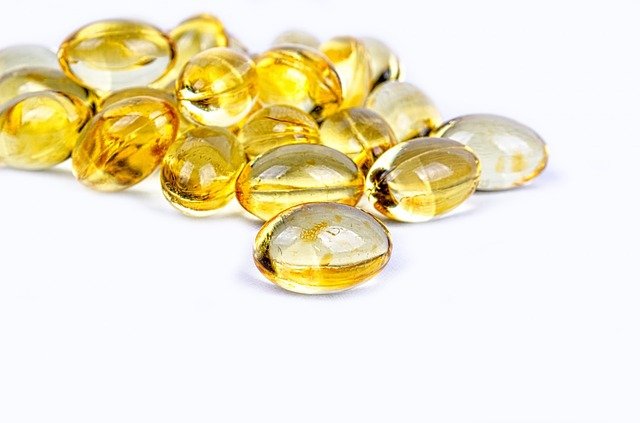
Rigid artery walls are a big risk factor of cardiovascular-related disease and death and vitamin D deficiency appears to be a contributor.
Overweight/obese people with darker skin are at increased risk for vitamin D deficiency because darker skin absorbs less sunlight and fat tends to sequester vitamin D for no apparent purpose.
In a recent study, researchers found that high doses of vitamin D could reduce arterial stiffness in just four months.
In the study, the researchers looked at baseline and again 16 weeks later in 70 African-Americans ages 13-45 who took varying doses of the vitamin best known for its role in bone health.
All of the participants had some degree of arterial stiffness.
The team used the non-invasive, gold standard pulse wave velocity to assess arterial stiffness.
Reported measures were from the carotid artery in the neck to the femoral artery, a major blood vessel, which supplies the lower body with blood.
The American Heart Association considers this the primary outcome measurement of arterial stiffness.
When the heart beats, it generates a waveform, and with a healthy heart and vasculature, there are fewer and smaller waves. The test essentially measures the speed at which the blood is moving.
The team found that arterial stiffness was improved by vitamin D supplementation in a dose-response manner in this population.
Particularly, participants taking 4,000 international units received the most benefit,
This amount is more than six times the daily 600 IUs the Institute of Medicine currently recommends for most adults and children.
The dose, now considered the highest, safe upper dose of the vitamin by the Institute of Medicine, reduced arterial stiffness the most and the fastest: 10.4 percent in four months.
The team found that 2000 IUs decreased stiffness by 2% in that timeframe.
At 600 IUs, arterial stiffness actually increased slightly – 0.1% – and the placebo group experienced a 2.3% increase in arterial stiffness over the timeframe.
While heart disease is the leading cause of death in the United States, according to the Centers for Disease Control and Prevention, black people have higher rates of cardiovascular disease and death than whites and the disease tends to occur earlier in life.
The researchers suggest that arterial stiffness and vitamin D deficiency might be potential contributors.
While just how vitamin D is good for our arteries isn’t completely understood, it appears to impact blood vessel health in many ways.
Laboratory studies have shown that mice missing a vitamin D receptor have higher activation of the renin-angiotensin-aldosterone system.
Activation of this system increases blood vessel constriction, which can contribute to arterial stiffness.
Vitamin D also can suppress vascular smooth muscle cell proliferation, activation of garbage-eating macrophages and calcification formation, all of which can thicken blood vessel walls and hinder flexibility.
Vitamin D also reduces inflammation, an underlying mechanism for the obesity-related development of coronary artery disease.
Now it’s time to do a larger-scale study, particularly in high-risk populations, and follow participants’ progress for longer periods.
The Institute of Medicine currently recommends a daily intake of 800 IUs of vitamin D for those age 70 and older.
For adolescents and adults, they recommend 4,000 IUs as the upper daily limit; 2,000 was a previous upper limit.
Foods like milk, milk products like cheese and yogurt, fatty fish like mackerel and sardines, some greens like kale and collards and fortified cereals also are good sources.
A vitamin D supplement is an inexpensive and safe option for most people.
Lead researcher of the study is Dr. Yanbin Dong, geneticist, and cardiologist at the Georgia Prevention Institute at the Medical College of Georgia at Augusta University.
Dr. Anas Raed, the research resident in the MCG Department of Medicine, is the study’s first author.
The study is in the journal PLOS ONE.
Copyright © 2019 Knowridge Science Report. All rights reserved.
Source: PLOS ONE.



